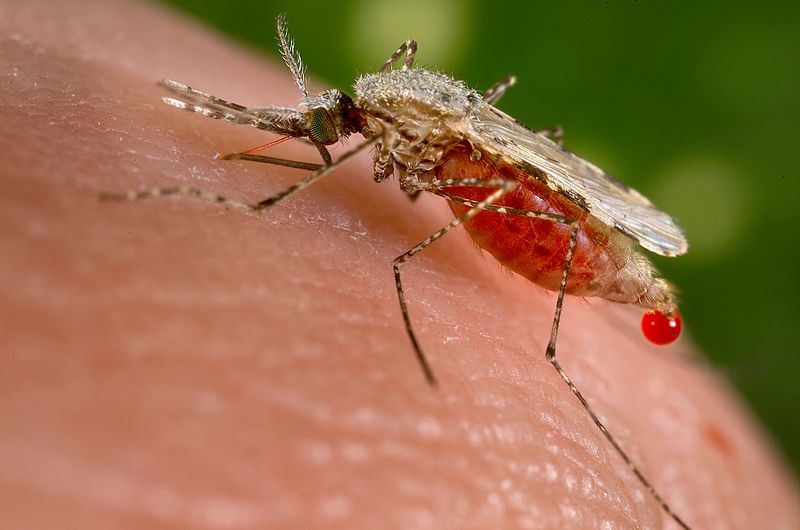UNAIR NEWS – Climate change due to global warming has many negative impacts on human life. The IPCC (Intergovernmental Panel of Climate Change) in 2018 mentioned that a rise in the earth’s temperature of 1.5 – 2°C could cause serious problems for water availability, food security, livelihoods, and the global economy if not addressed immediately.
In addition, Dr. Rohaida Ismail, as a Public Health Expert, Ministry of Health Malaysia, revealed that the increase in earth temperature could also increase the risk of vector-borne disease. This was conveyed in a guest lecture organized by the Faculty of Public Health (FKM) UNAIR on Monday, January 31.
She explained that one of the vectors of disease at high risk in the Asian region is mosquitoes. Based on World Health Organization (WHO) data, the Asian region has the highest number of malaria and dengue fever deaths, number 2 after Africa. She also revealed that if there is no effort to control climate change, the death rate from malaria and dengue fever can reach 2,700 lives in one year.
“Because as we know, disease vectors like mosquitoes can transmit disease in just one bite, and they can threaten us anywhere and anytime,” she stated.
She continued by saying that cold-temperature regions such as the United States, Australia, China, and Europe will experience increased temperature due to global warming. This has the potential to cause malaria to be widely distributed in countries in the region because it can accelerate the extrinsic incubation period (sporogonic cycle in the body, -ed) of Anopheles mosquitoes.
“Currently, malaria incidence numbers are limited to tropical climates that can be widespread in many regions due to rising temperatures. Additionally, due to climate change, in some regions in the Americas and Asia, malaria has the potential to become an epidemic,” she said.
The same thing happens in cases of dengue fever. She revealed at hot temperatures (26-35°C), mosquitoes will be more active in biting. Moreover, in hot temperatures, the development of mosquitoes from larvae to adults is also getting shorter. Therefore, an increase in temperature causes a risk for an outbreak of dengue fever.
“Furthermore, rising temperatures can also accelerate the replication of dengue virus in Aedes aegypti mosquitoes and can shorten the transmission period of the virus,” She added.
In the end, Dr. Rohaida explained the steps that must be taken to suppress death cases from malaria and dengue fever by increasing public awareness. She also explained that involving the public in the practice of preventing malaria and dengue fever is the thing to do. Because of that, the community can prevent early on against malaria and dengue fever.
“And from the government, we do preventive efforts in the form of monitoring, especially in remote areas so that when found, the incidence of disease can be treated immediately before transmission occurs,” she concluded. (*)
Author: Ivan Syahrial Abidin
Editor: Khefti Al Mawalia





